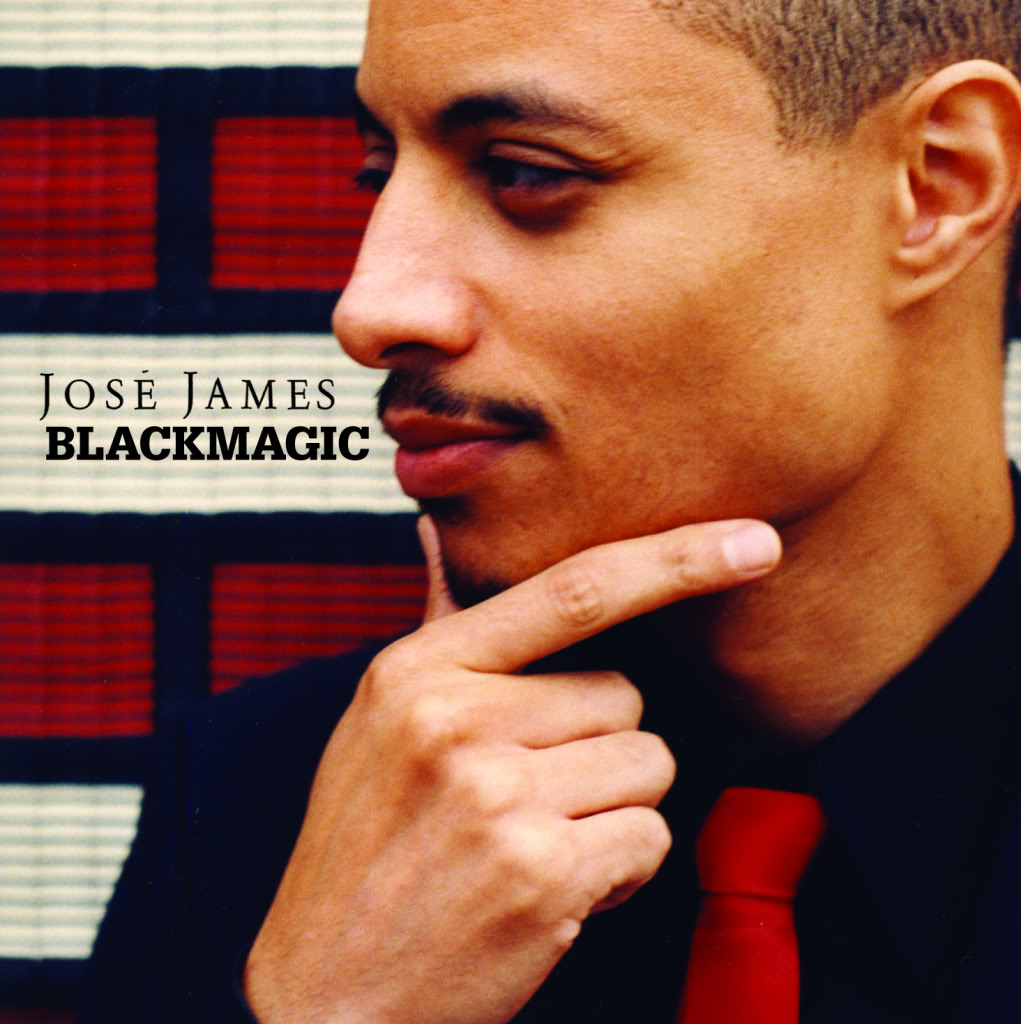
José James – Code
James – The Greater Good
{Update: José James recently came to LA and performed on Morning Becomes Eclectic at KCRW…You are very welcome}
Just in time for Valentine’s Day we have a new record, all about L.O.V.E., from vocalist José James. I’ve been listening to this new record from James for well over a month now, trying to figure out why I don’t like it as much as the first record. That’s not to say that Black Magic isn’t a very good record, it certainly is. If it wasn’t a good record, I wouldn’t even bother posting about it (cause really at this point in the game, who wants to read about the shit I DON’T want to hear).
As a sophomore release, it is a very solid record and one that by the end of the year might even be in my Top 10. However, James’ debut, The Dreamer, is one of my fave records of this decade, a nothing short of stunning debut for a jazz vocalist. So while it might have been that anything that James released would never surpass that album, what’s been nagging me about this record didn’t seem to be about the usual sophomore jinx.
It also didn’t seem to be about the change of direction on Black Magic. Here James is no longer interested in just showing off his jazz chops and he streches out and into a variety of genres, including multiple tracks produced by Flying Lotus (such as “Code” posted above). Though I prefer James’ jazz work, I don’t begrudge him showing off his versatility, so that wasn’t it either.
The answer finally hit me about 20 minutes into washing dishes earlier today (where I generally reach most of my epiphanies), the issue is the use of repetition, but only in certain ways. When it’s repetition based around a theme, as on “Code” or “Love Conversation” the sun shines through. On other tracks such as “Made For Love” or “Lay You Down” the use of the exact same phrases repeated again and again gives James’ vocals a conventional sound that seemed to escape them with virtually everything else of his I’d heard up to this point.
As with his debut, virtually all of these tracks are ruminations on Love, though here James’ seems focused more on a momentary seduction instead of something more everlasting, which I suppose fits the more “contemporary” sounds of this album and more contemporary attitudes around love. I’m hopeful that soon enough James, with that impossibly smooth baritone, will get back to producing music that is not only timely, but truly timeless. As it stands, Black Magic is a nice portrait of an artist growing into his own as a performer and a solid addition to the musical landscape of 2010.
